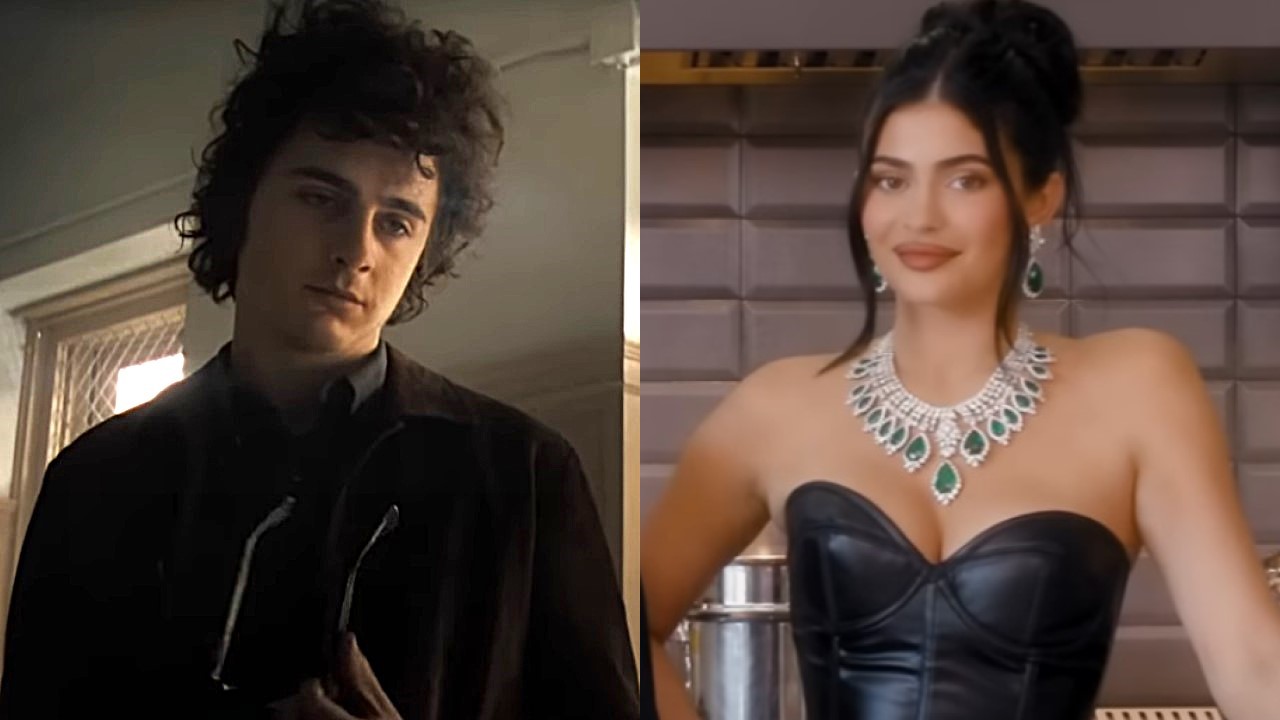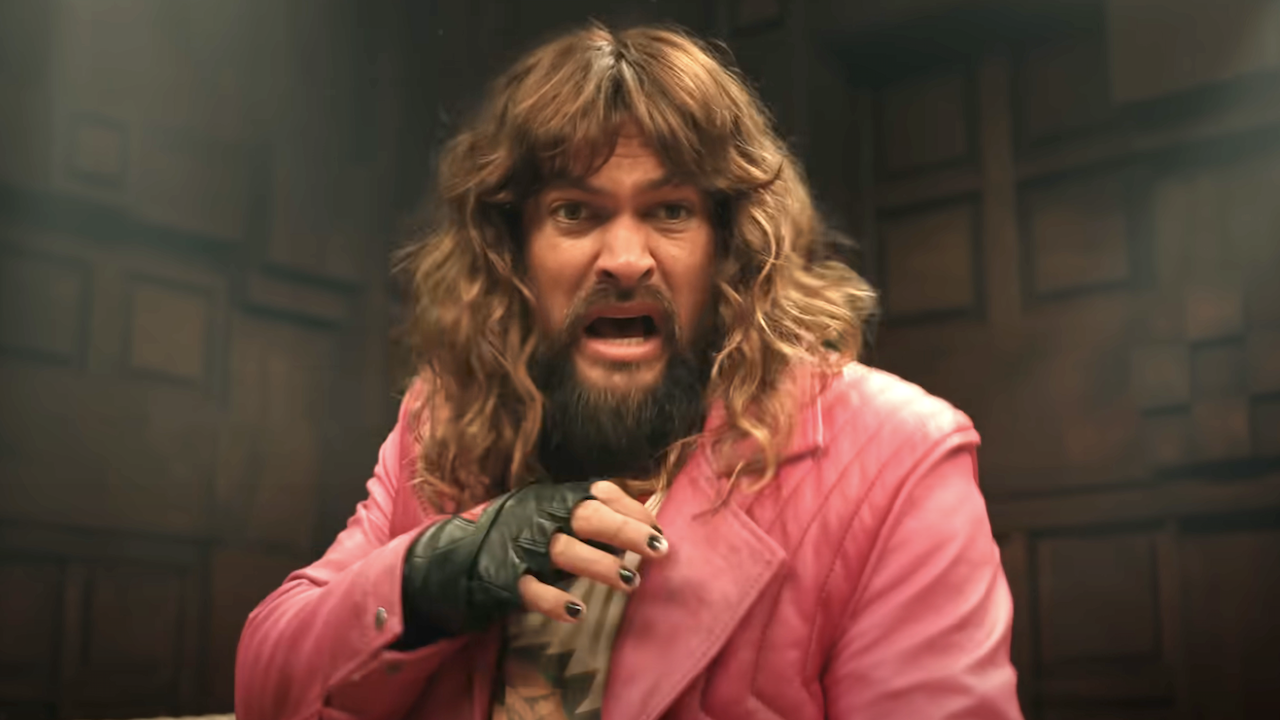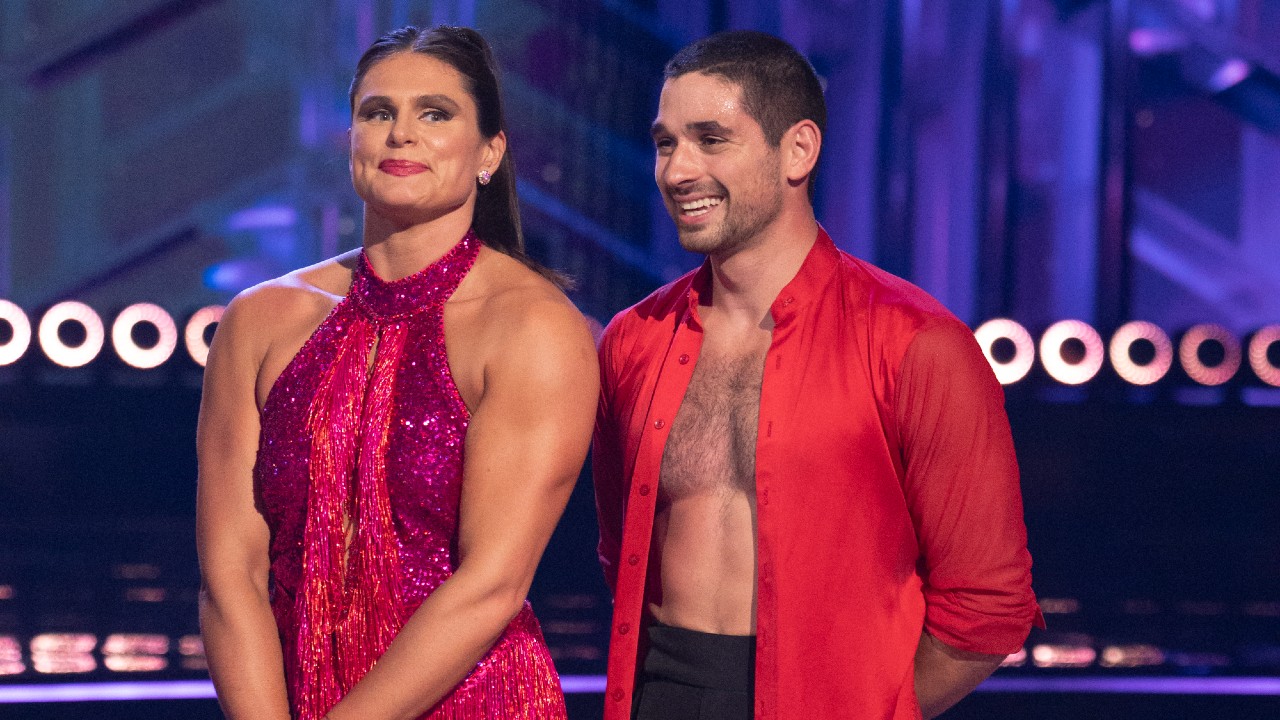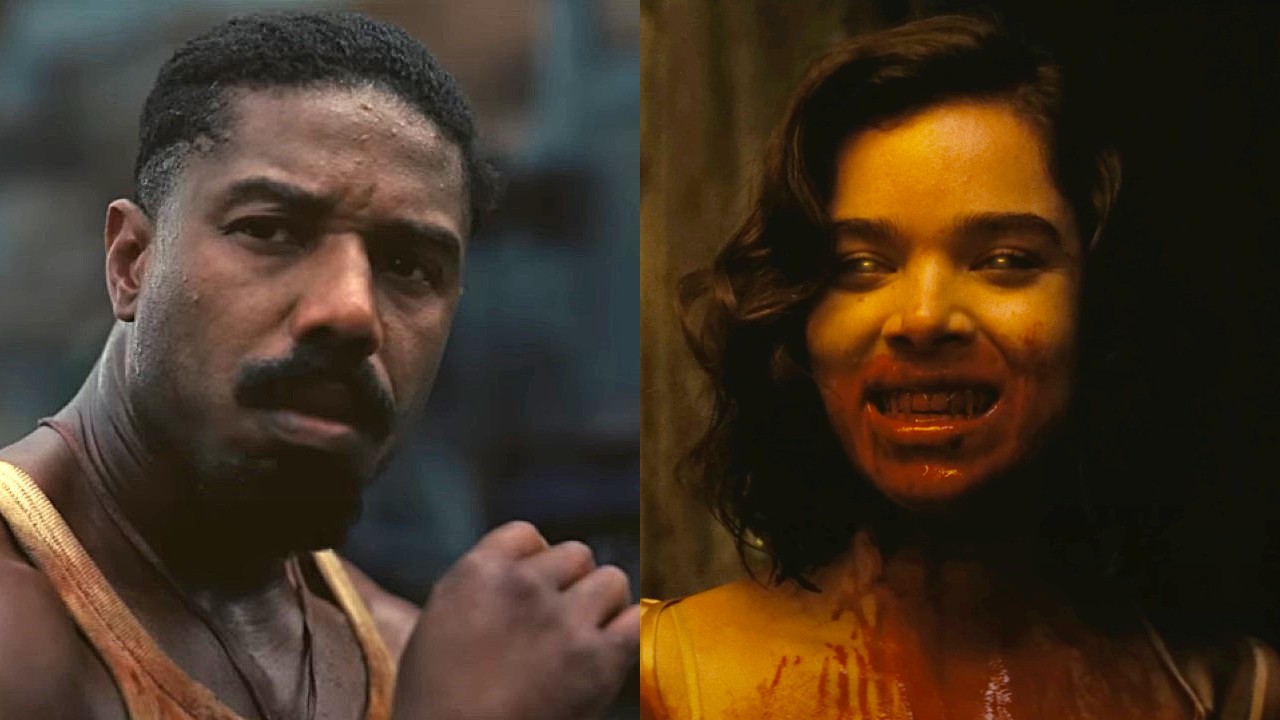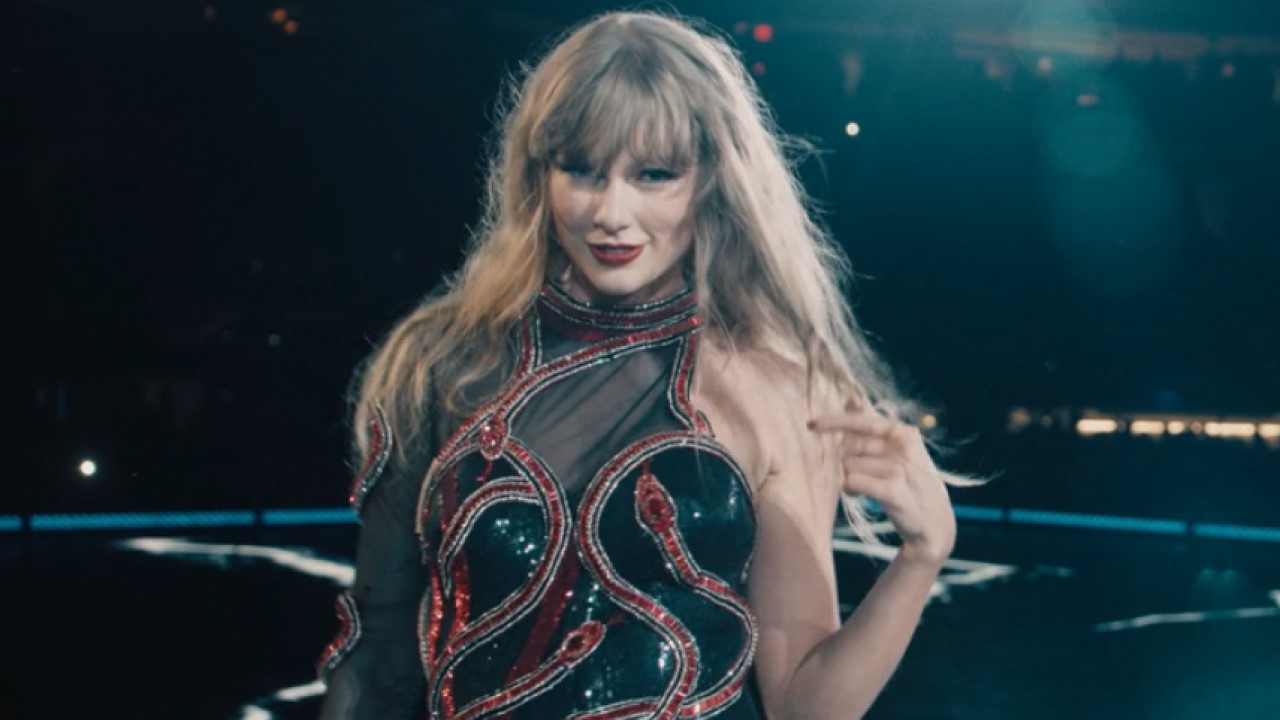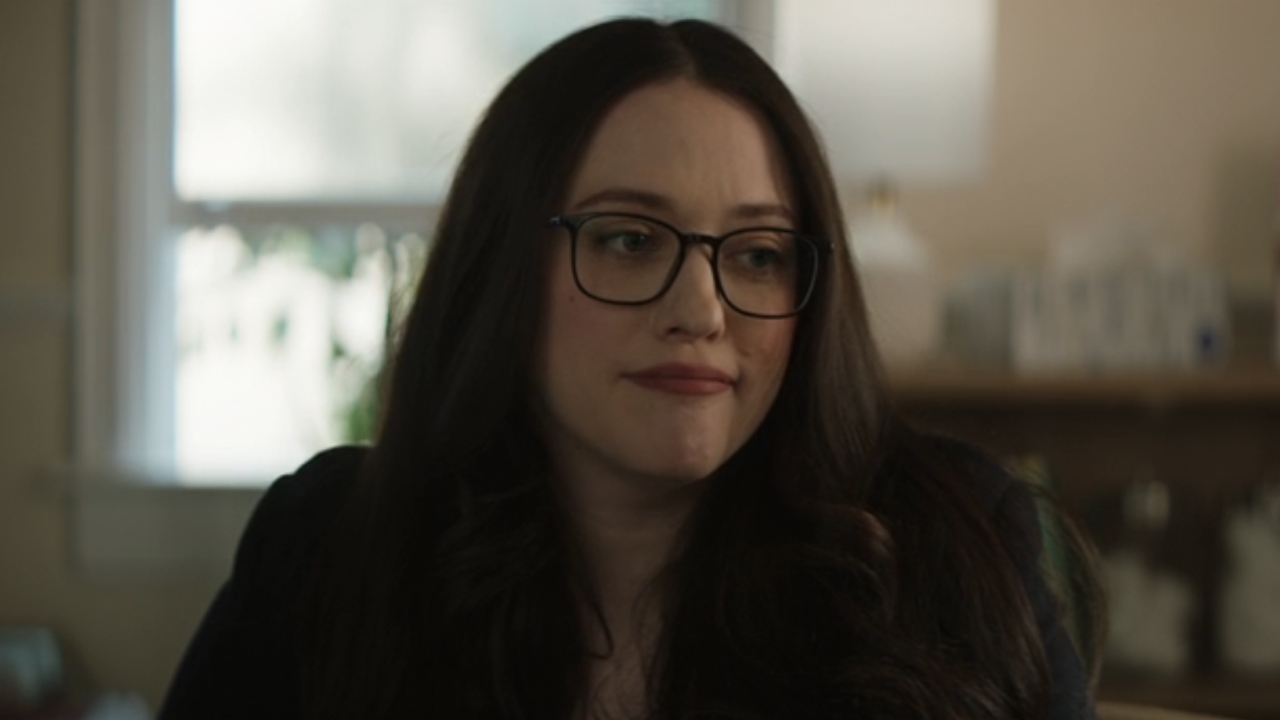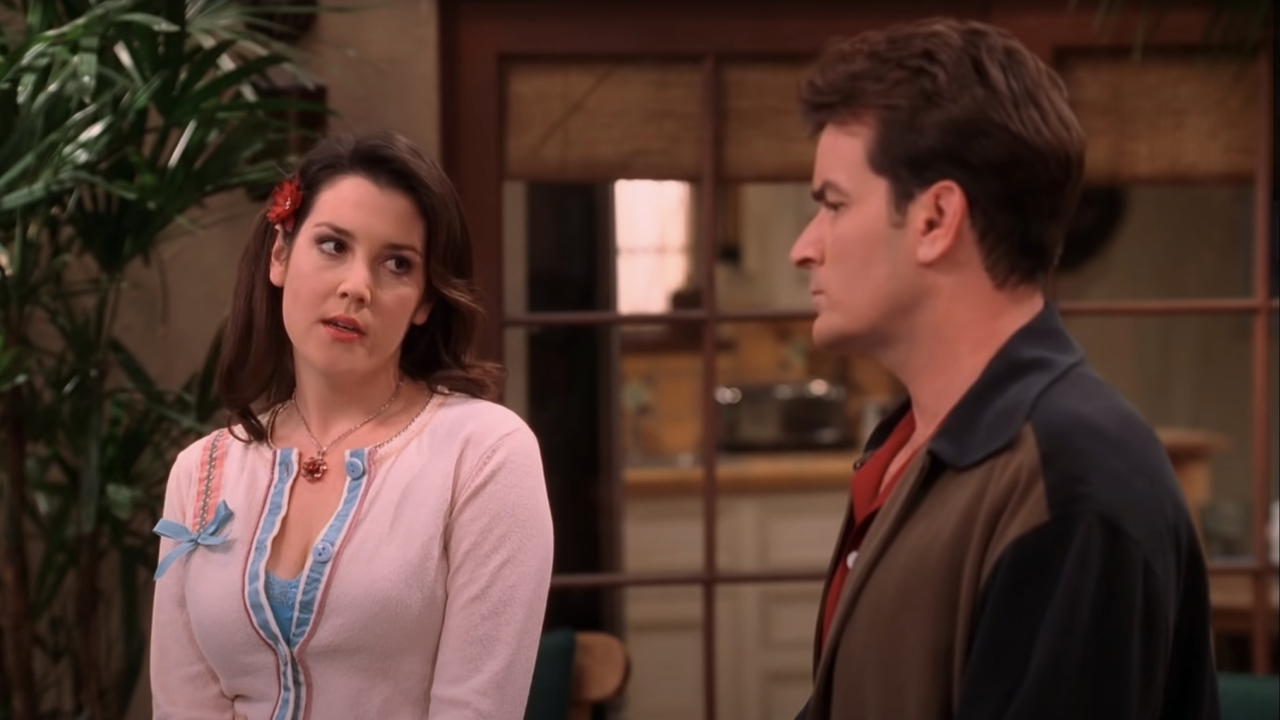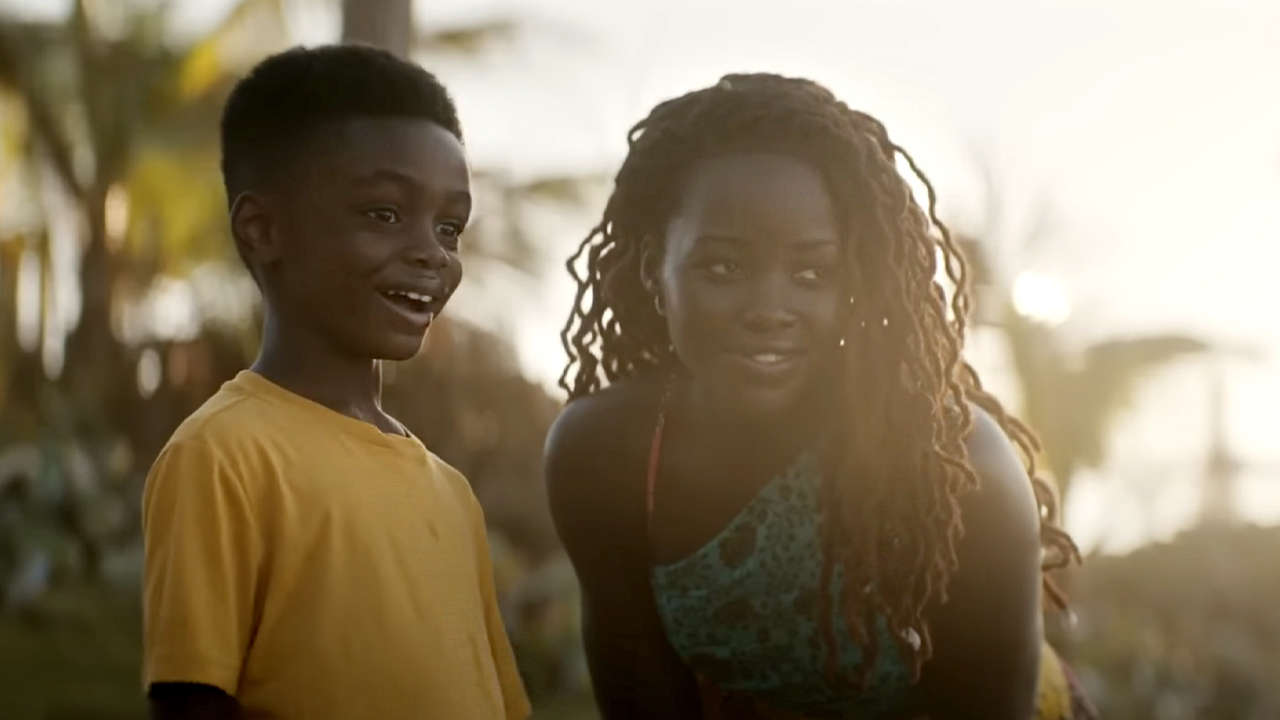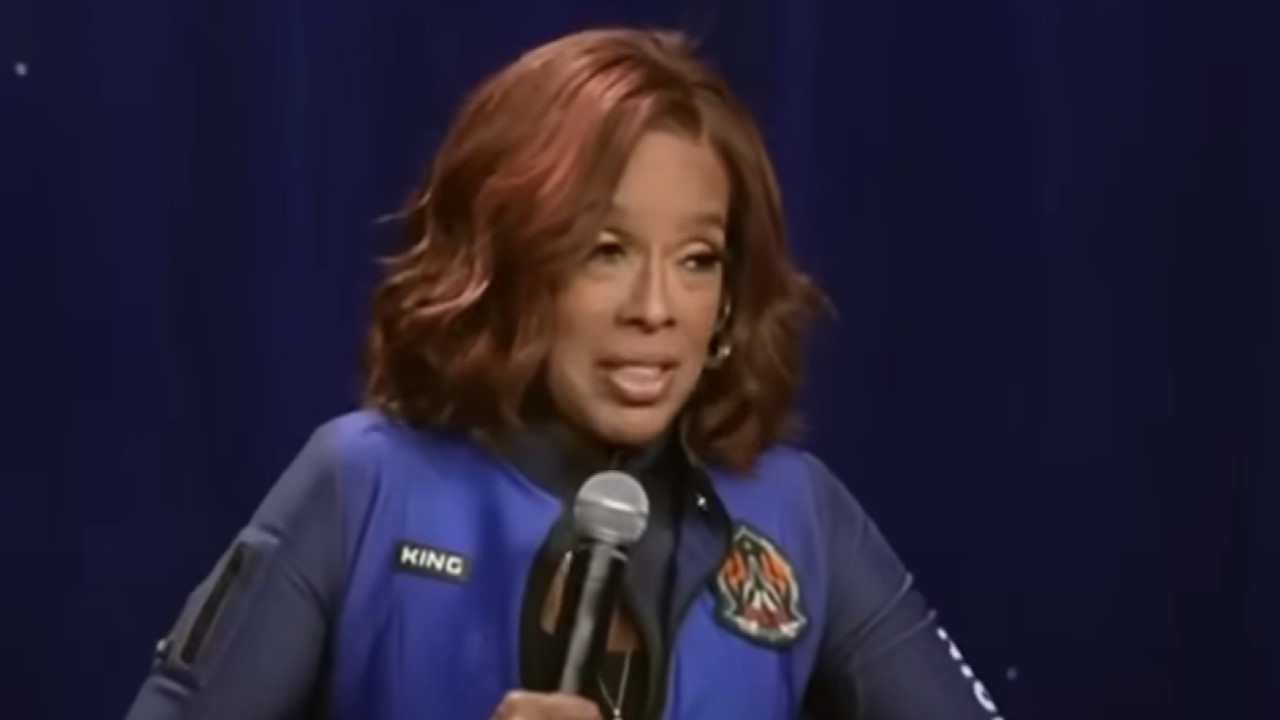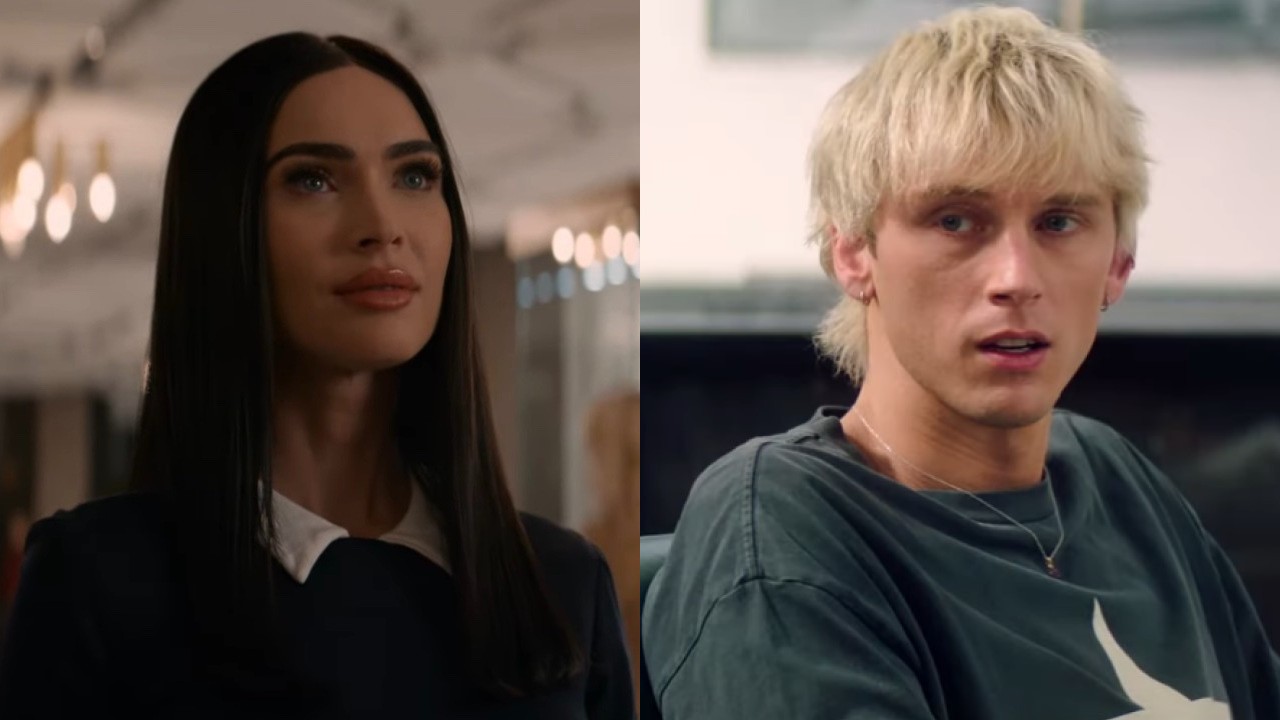Interview: Kevin Smith Tries Not To Be Scared Of Bruce Willis
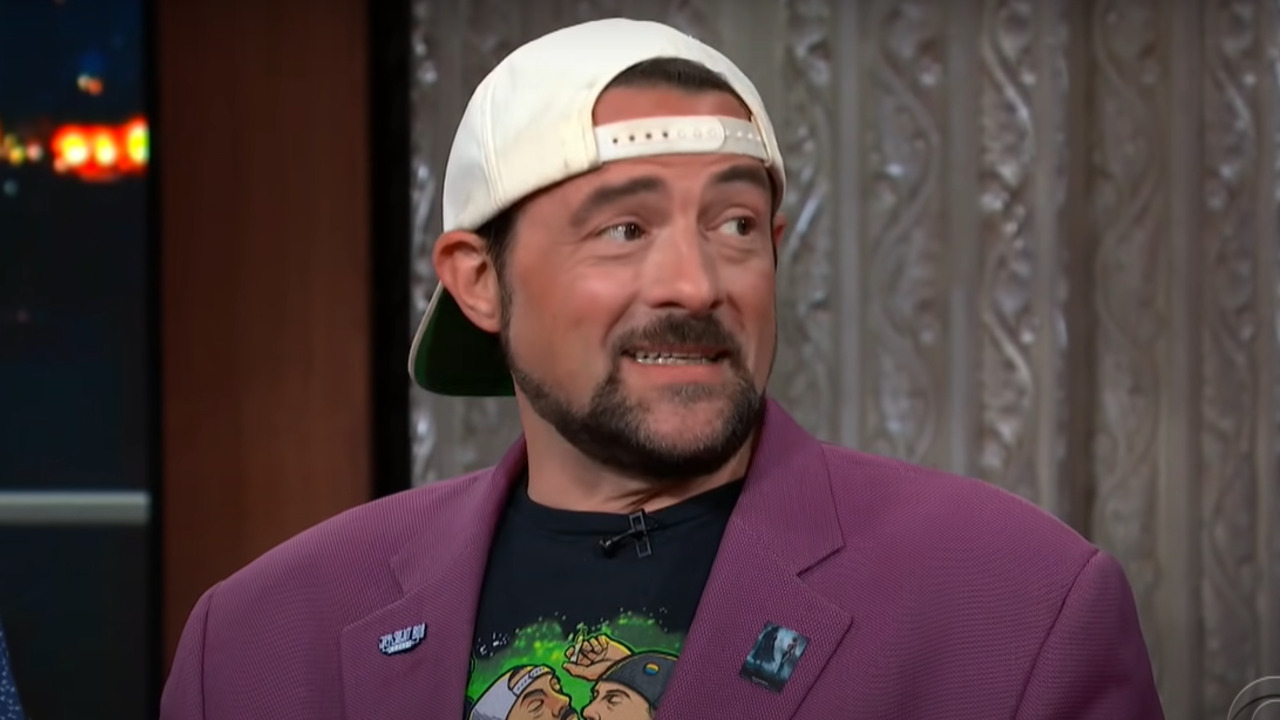
If you follow Kevin Smith on Twitter, have ever read an interview with him or even saw Silent Bob's final monologue in Chasing Amy, you know the guy can talk. A lot. A whoooole lot. Doing an interview with him isn't so much a conversation as an improv show, where you throw a suggestion at him-- "How about working with Bruce WIllis?"-- and he riffs for five minutes, pulling anecdotes out of left field, calling everyone involved in the story "cats," and throwing out an f-bomb at least once.
And so it went with both of my roundtable interviews with Smith about Cop Out last weekend, in which he talked about, well, everything-- the whole Southwest Airlines debacle, deciding to go work for a major studio, how to treat Bruce WIllis differently from the way he treats Ben Affleck, how Warner Bros. reminds him of old-school Miramax, etc. etc. Instead of giving it to you in chronological order, which would be just about impossible to understand in written from, I've divided it all by topic. Just buckle in and try to keep up. Cop Out opens today.
On the Southwest fiasco
Are the bad times over with Southwest?
I hope so. I turn into Khruschev whenever I talk about it, beating the table with a goddamn shoe. Ladies and gentlemen, I am fat, we all know this. I got bounced, they lied. But then they hid behind a lie.
Is it like dealing with Hollywood?
No, corporate America, and they're worse. I haven't dealt with them in a while, and they're fucking snakes. They obfuscated the truth with my fat, which so bugs me, because I'm smarter than these pricks, but they proved their smarter than me.
CINEMABLEND NEWSLETTER
Your Daily Blend of Entertainment News
I'm fine with the whole world saying I'm fat. It sucked for two days, top of google news, fat fat fat. If I had a lesser fucking ego, I would have been crushed and put a fucking gun in my mouth, I am not kidding.
Did all this make you worry about the power of what you say on the Internet?
It made me worry for one moment that I had lost my ability to have fun on Twitter. Because for a week, I couldn't do what I normally do. Normally I get up in the morning, sit there and smoke joints, and tweet. For hours. It's become like a morning show. It's warm-up. It's like shooting the puck into the board. Once I do that for a few hours, then I start writing. When all that crap happened with Southwest, I would try to go do what I normally do, and that wasn't happening. There were a bunch of fuckers coming out of the woodwork to be like, fuck you.
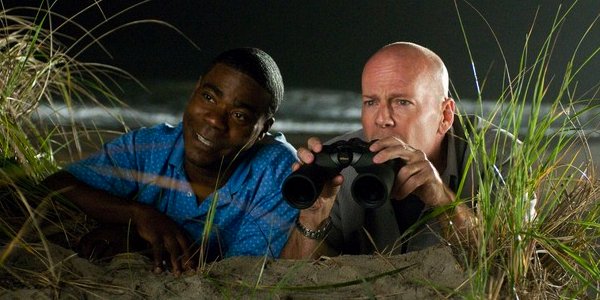
On working for a major studio
You're making a studio movie.
Here's my feeling on it. I'm going to take a bunch of shit from people who love Chasing Amy and don't see why I would make a movie like this. I don't know what to tell cats like that any more. I can't make Chasing Amy every time, and you wouldn't want me to, because I'd be a very unhappy person. If you want me to make another Chasing Amy start getting my wife to cheat on me or something so I have unrest in my life. Now, after this week, I think I've got enough unrest in my life to write something really fucking painful. In terms of Cashing Amy, I just don't have that. I'm not 26, 27 anymore.
Do you feel pressure to watch the box office on this? You're kind of the Dennis Quaid of directors-- you make great movies that don't make any money.
I'm sure Dennis Quaid is like, "I don't want to be the Kevin Smith of actors." Zack and Miri cured me of any interest in the box office ever again. At that point I realized, you know what dude, just make the movie and find your moment of bliss. And that's what I do from now on.
Would you want to see somebody else do a sequel to this?
Naturally, if there is a sequel, of course I would want them to be like, "Do you want to be involved?" I think I grew as a filmmaker, which is weird, because it's Cop Out. It's not like Schindler's List Cop Out, it's just Cop Out. Because the movie was so much about craft more than story for me. For years I haven't really been the director that most people consider a traditional director. This was my chance to see if I could direct something traditional. Because I would never write something like this. Not because it's beneath me, but it would never occur to me to make Dante and Randall cops. The Cullen Brothers are way more creative than me. . For 15 years I've been calling myself a director, and this is the first year that people go, like, oh you are one now!
What's the biggest benefit of having a studio like Warner Bros. behind you?
The best example-- two weeks ago I was up in Toronto. While I was up there, we were 4 weeks out from my release, and there was more awareness for this movie than there was for Zack and Miri, say, 12 seconds ago. And that's the difference. Their marketing is like the bombing of Dresden. You cannot turn around without being aware of that movie, and what it's kind of about, and when it's opening. They owned the Olympics for the last week. Every time I watch an Olympic event, it's like "Sponsored by Cop Out." I'm like, "What?? I made that movie!"
On making an 80s throwback action movie with Bruce Willis
How did you tackle the action in Cop Out? And will you use that do to another action movie?
I think a hockey movie is next. Shooting all that action will help with that. Having to shoot something that's visually interesting. Here's the problem with hockey in this country. Visually on TV, it's not nearly a fucking fascinating as it is in person. It is the best sport to watch live. But TV doesn't quite capture it. So the idea in making a hockey movie is going to be to make it as visceral as possible. To do that you need to up the action ante, and I think Cop Out is a way to start that.
Was it hard to get Harold Faltermeyer to do the score?
Ironically, we were shooting the movie, and I would say to Mark Cullen and Rob Cullen, "Am I crazy, man? I really just want Harold Faltermeyer to score the movie." The vibe I was going for when I was shooting the movie was Fletch. Harold did the score for Fletch, I was temping the movie with Fletch cues. At the same time Faltermeyer apparently went into Warner Bros. and was like, 'Hey, I feel like scoring again, what do you guys have. So they put us together. I loved him so much. He watched our temp cut, which had all of his music in it from Fletch, Tango & Cash, Beverly Hills Cop. He was just fucking flattered. The first time I heard the theme song, the main cue, I was like, I just want to go back in time and tell 15-year-old me, "You're going to have a Harold Faltermeyer theme song!"
What was it like to work with Bruce Willis as an actor?
I had worked with Bruce on Live Free or Die Hard as an actor, and we had a really good time doing it. But working with Bruce as an actor and working with Bruce as a director are two very different things. In my first week I approached Bruce the same way I approached everybody I've ever worked with before. Like Ben Affleck. Typical way I make a movie, I go up to Ben Affleck and be like, "Ben, put that dick in your mouth." And he'll be like, "Alright." And he grabs it and puts the dick in his mouth. And he trusts me. He's like, "I don't want to have this dick in my mouth, but Kev's usually right, except on Jersey Girl. I'll hold it here until he figures out what he wants to do." And then he sees the movie and goes, "That's why he wanted me to hve the dick in my mouth."
I went into this movie the same way. Day one, I was like "Bruce, put that dick in your mouth," and he was like, "What?" I hadn't worked with him. There was no trust factor. He didn't know where I was coming from. Bruce Willis doesn't just put a dick in his mouth because you want him to. And I'm like, "Really, because Ben Affleck would." After a week, two weeks, we built up that trust. But at first, I went as a fan, I was directing David Addison from Moonlighting. I wasn't the 38-year-old Kevin Smith who had directed a bunch of movies, I was the 12-year-old who would lay on my parents' couch and watch David Addison on Moonlighting on Tuesday. And Bruce was smart enough, he had dealt with that personality before. Bruce would be like, snap out of it, you're a grown-up, I'm not David Addison. We were able to work on it as collaborators, rather than me like, "Can you do this, because I loved it when you did it on Moonlighting."
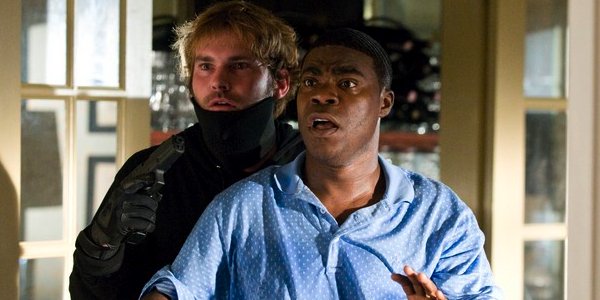
On the death of Miramax, the future of independent film, and how Warner Bros. is like old-school Miramax
How about the effort for fans to fund Red State?
We got some lawyers to look at it, and it's a fucking nightmare to accept donations to make a movie. It sounded so good in theory. A people's studio could work, but you can't get money from the people. With the death of Miramax and specialty film in general, it's a lot more difficult for a cat like me to get his work funded. [Making Cop Out] is not just happenstance. I'm sitting there going, what's my future like. Let me see if I can swim in their pool and not shit in it. And I did that.
But if this movie doesn't make money, they won't let you make the next one.
Nah, that's not true. Everyone thinks that. But if people like you, you'll work forever. [Warner Bros.] liked me when it was all said and done. Shockingly, because I imagined it was going to go poorly, and I'm so not a studio guy. But these cats are like Miramax. They get involved in post a little bit, but generally speaking they're like, go ahead. Once we went to make the movie, those cats weren't even involved in the least. hope it does well for them, because I like those people very much. But I maintain a certain degree of distance, because I didn't write it, I'm not the creator.
I still feel like I was invited into someone else's party. I don't have enough ego to be like, it's still my party bitches! It's still our party. But at the same time, I can step back from the party and go home and go to sleep. Other people might want to party on until two and three in the morning. After Zack and Miri I will never party until two or three in the morning, I will find a decent hour to go home.
Can you talk more about Warner Bros. reminding you of Miramax?
I give credit to Jeff Robinov. [He's] doing what Miramax used to do, but doing it on a studio level. Basically he takes interesting filmmakers and puts them into studio movies. You've got Guy Ritchie shooting Sherlock Holmes, or Chris Nolan making fucking Dark Knight, or Memento before that. You've got me shooting Cop Out. I make movies that need a needle to be thread, and they make chainsaws at Warner Bros. [Robinov says to himself] "I like how they thread needles, but lets see if they can make a chainsaw." You get some cats doing stuff that you wouldn't normally associate them with. I like that, that's ballsy.
Soderbergh laid the ground. He was the one who went into Warner Bros. first and said, "I'm going to make Oceans's Eleven. I'm the guy who made Schizopolis. You can't make two different fucking movies. But he did it and he was successful. Maybe you can go, bring your voice to something. Thank God it's happening now, because honestly, my patrons have gone away. My world is dying fast in terms of specialized film. It's nice to know there's one more place to go to apply your craft.
I've been very lucky. The crumbling of Miramax has really made me appreciate the Weinsteins. Not just Miramax, but specialized film in general. For 15 years they let me do anything I wanted. Some of the shit I wanted to do was absolutely stupid, but they would back it. It wasn't that much money and there were a few people who liked what I did. I never had to do one for anybody but me, thanks to Harvey and Bob. That world is gone now. I've been 15 years in that world, and now that world's gone, so I have to step into the other world. In that world, sometimes you have to do theirs, to do yours, as Soderbergh proved. If I can do my version of what he does, in terms of doing a studio thing here or there that can give me enough shekels to make it through to the next thing of mine that I want to do.
Staff Writer at CinemaBlend

